Useful Truths
Your beliefs aren't sacred truths. They're tools.
And like any tool, you should pick the right one for the job.
William James called it "the will to believe." He argued that in situations where we can't know the truth with certainty, we have the right—even the obligation—to choose the belief that serves us best.
Think about it.
When you're learning to ride a bike, is it "true" that you can do it?
Not yet.
But believing you can is the only way to make it true.
This isn't self-deception.
It's pragmatism.
Every entrepreneur believes their startup will succeed despite 90% failing. Are they all delusional? Or are they choosing the belief that enables action?
The alternative—believing you'll likely fail—guarantees failure.
It's a self-defeating prophecy.
Here's the thing: You're already doing this unconsciously. When you need courage, you remember your wins. When you need caution, you recall your failures.
Your brain naturally selects beliefs that serve the moment.
Why not do it deliberately?
The Belief Toolkit Method:
- Name the belief you need - "For this meeting, I'll believe I have valuable insights"
- Take one testable action - Share one idea you'd normally keep quiet
- Iterate based on results - Did it help? Adjust and try again
This isn't positive thinking.
It's strategic thinking.
You're not lying to yourself.
You're choosing which truth serves you now.
Make it contagious:
Start team meetings with: "What belief would help us solve this?"
Watch how fast "we can't because…" becomes "what if we could…"
The pragmatists had it right: The truth of a belief is found in its consequences, not its origins.
What belief are you wearing today?
